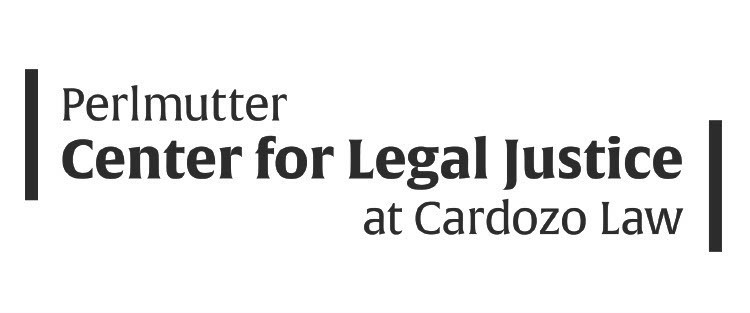Files
Download Full Text (2.1 MB)
Description
In 2018, the New York State Court of Appeals’ decision in People v. Natascha Tiger created an insurmountable obstacle for wrongfully convicted individuals pursuing innocence claims. The ruling held that a guilty plea precluded persons accused of crime from challenging their conviction in the absence of newly discovered, exculpatory DNA evidence. This is a troubling fact given 97% of felony convictions and 99% of misdemeanor convictions in New York State are resolved by guilty plea. The National Registry of Exonerations documented that 24% of all exonerated people across the United States pled guilty to crimes they did not commit. According to the Innocence Project, of the cases in which DNA evidence overturned an innocent individual’s conviction, 12% of those innocent people pled guilty. This guilty plea bar has had a profound impact, effectively rendering a significant portion of innocent New Yorkers powerless in the post-conviction process by depriving them of the legal tools necessary to fight their cases. Consequently, many innocent individuals remain incarcerated, serving lengthy and even full life sentences for crimes they did not commit. In addition to those denied relief due to the Tiger bar, many other innocent New Yorkers, who refused plea deals and were convicted at trial, remain wrongfully incarcerated due to gaps in New York’s post-conviction statute, Criminal Procedure Law § 440.
This report explores the impact of wrongful convictions and barriers in the post-conviction process through the firsthand accounts of individuals who have navigated this process. We are incredibly grateful to the 25 courageous people who took the time and emotional resources to share their stories with us for this project. Among them are six exonerated people and 19 others who are still fighting to prove their innocence. Their stories illuminate the devastating personal and societal costs of wrongful convictions, the potentially coercive nature of plea bargaining, and the procedural and practical hurdles they face under CPL § 440. From the automatic denial of § 440 motions to the lack of access to counsel, post-conviction discovery, evidence, and appeals, these individuals detail a system stacked against them at every turn.
Drawing from their experiences, this report identifies key areas where New York’s post-conviction law should be reformed to provide meaningful pathways to justice for the wrongfully convicted. Core recommendations include removing the Tiger bar on non-DNA innocence claims for those who pled guilty, allowing greater access to post-conviction discovery and forensic evidence, providing counsel to § 440 applicants with colorable, or plausible legal claims, ensuring a more equitable appeals process, and removing procedural bars to hearings when there is evidence of innocence. It is indisputable that the integrity of the criminal legal system is strengthened when a fair and robust post-conviction process is capable of responding when people are convicted of crimes they did not commit. By enacting these critical reforms, New York can take important steps to rectify the injustice of wrongful convictions, restore hope, and ensure a fair process for the innocent.
Publication Date
1-30-2025
Disciplines
Criminal Law | Criminal Procedure | Law
Recommended Citation
Perlmutter Center for Legal Justice at Cardozo Law, "Voices for Justice: Firsthand Accounts of Innocent People Fighting for Access in New York’s Post-conviction Process" (2025). Perlmutter Center Reports. 3.
https://larc.cardozo.yu.edu/perlmutter-center-reports/3




